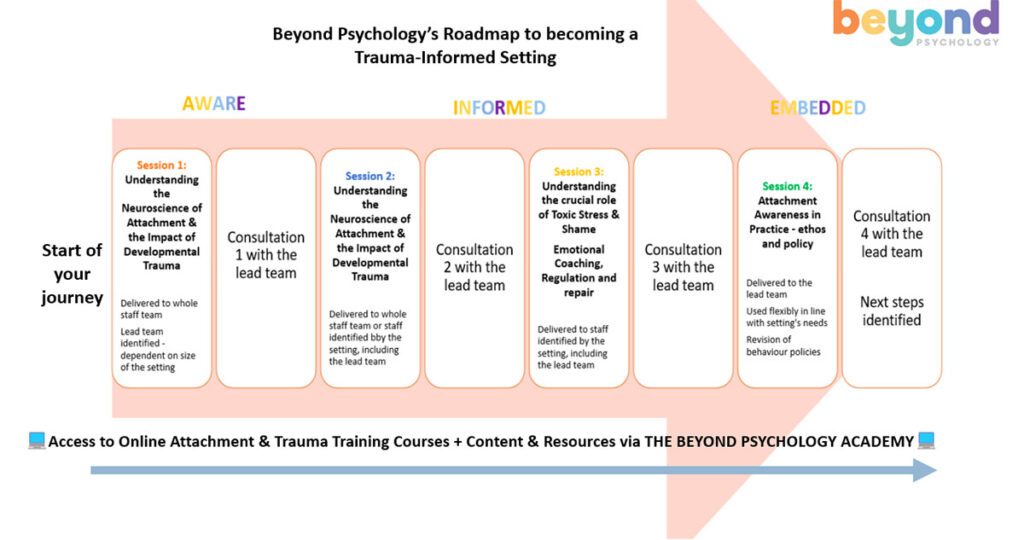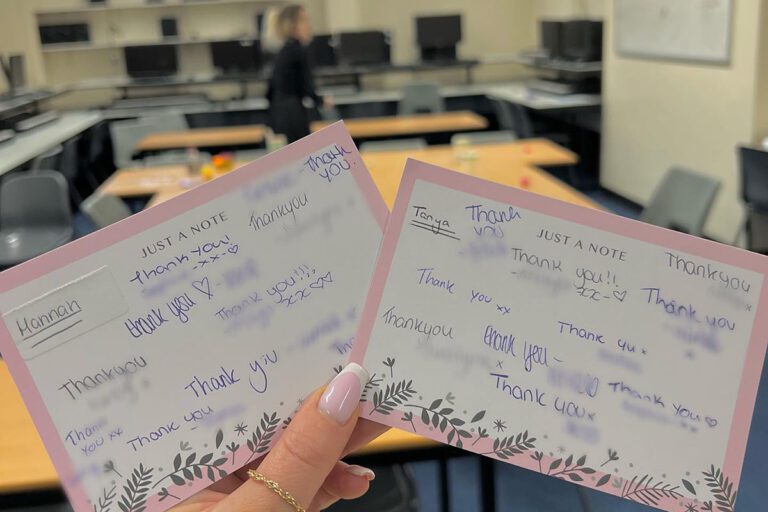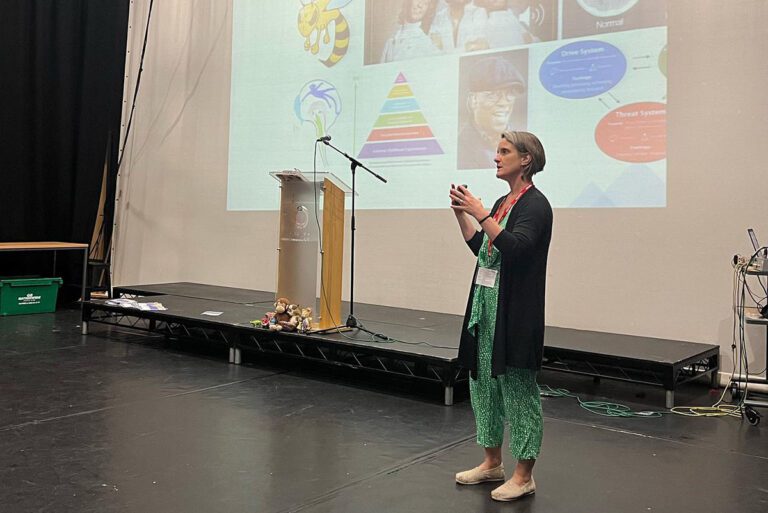The roadmap to a trauma-informed approach within educational settings and across communities
Supporting a Child’s recovery from Trauma is Everyone’s Business.
Experiences of trauma in early life and a high ACE (Adverse Childhood experience) score can lead to emotional, behavioural and physical health problems and mis-diagnosis. There are ways that all professionals working with children and young people in all settings can support the recovery and mental health of these young people and children.
What are examples of Developmental Trauma & ACE’s?
Adverse Childhood Experiences (ACEs) are stressful events occurring in childhood including:
- Domestic violence
- parental abandonment through separation or divorce
- being the victim of abuse (physical, sexual and/or emotional)
- being the victim of neglect (physical and emotional)
Research shows that 47% of the population had experienced at least one ACE, while 8% had four or more (Bellis et al., 2015).
ACE’s have been found to have lifelong impacts on health and behaviour and they are relevant to all sectors and involve all of us in society. Research shows that compared to people with no ACE’s, those with 4 or more ACEs are more likely to:
- Experience mental health difficulties
- Develop heart disease
- Poor academic achievement
- Develop type 2 diabetes
Many of you reading this post may be aware of the misdiagnosis of early life trauma, as ASD and ADHD, and we want to ensure professionals are as aware of what this could look like to help young people to get the best support for them.
Raising awareness and educating about the impact of trauma and adverse childhood experiences (ACEs) on individuals and the profound impact stress can have on our bodies and our functioning is the starting point on the ‘road’ to becoming a trauma-informed setting.
Raising awareness of ACE’s and the impact developmental trauma is at the heart of our aims, and a big reason we set up our not-for-profit social enterprise. As well as, sharing what we can all do as professionals, to best support young people who have experienced adversity in our community. Dr. Kirsty Hughes, co-director of Beyond Psychology, worked as a lead clinician for Cared for Children in NHS Rochdale. Therefore, as a service we recognise how important this topic is and why it needs to be shared widely in Rochdale and the areas beyond.
ACE’s and Trauma should not be seen as someone’s destiny. There is much that can be done to offer hope and build resilience in children, young people and adults who have experienced adversity in early life.
We believe this information should be accessible to all of those working with and supporting families, young people and children. Especially those in health, social and education related professions.
See the graphic below that displays Beyond Psychology’s road map to implementing the trauma informed approach within multiple educational settings and communities ✍️

The road map includes a series of whole day training sessions with the whole-setting as well as consultations with a smaller team who will focus on keeping momentum within the school/college.
To support these settings to embed a trauma-informed approach throughout their daily interactions and support for their young people we focus on the following aims within the training sessions:
📌 The psychology and biology behind the impact of trauma on a young person’s brain & how this effects their behaviour.
- Understanding the biological impact of trauma; the effects to the brain and nervous system
- How and why does a trauma-informed environment help the recovery from trauma and regulate the nervous system?
📌 The ‘so what?’ – Once we understand trauma and how it effects the brain and body, what can we do to help support young people with managing emotions, behaviour and overall mental health.
📌 How this approach is most effective to support young people’s mental health when embedded across a whole-setting or community.
We have linked some of our tip sheets and resources here which expand on some points covered in this blog!



